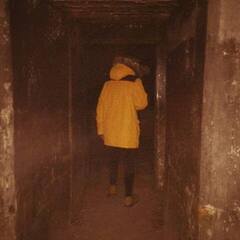-
Topics
-
Jens Humke ·
Posted in Programs, Apps and Websites0 -
0
-
0
-
DARBADARBZ ·
Posted in CPUs, Motherboards, and Memory5 -
1
-
Sub Normal ·
Posted in Graphics Cards3 -
1
-
xmegaMind1 ·
Posted in Troubleshooting3 -
AngelaHornung ·
Posted in Windows2 -
1
-
-
play_circle_filled

Latest From ShortCircuit:
I tried 20 influencer foods, here are the best… and the worst…












.thumb.jpeg.5a75472de8ec6b83a6120a7843a9e852.jpeg)






Create an account or sign in to comment
You need to be a member in order to leave a comment
Create an account
Sign up for a new account in our community. It's easy!
Register a new accountSign in
Already have an account? Sign in here.
Sign In Now